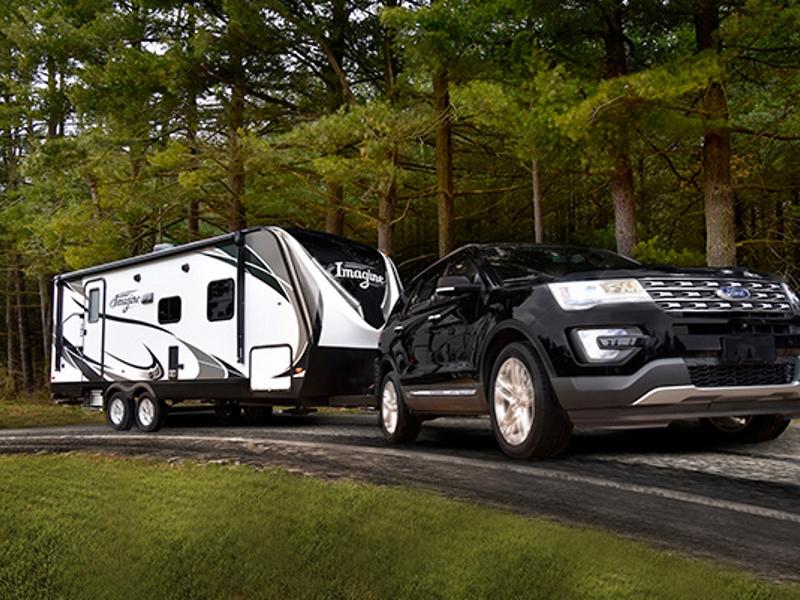
Modern RVs offer the luxuries of gas stoves, furnaces, refrigerators, and water heaters with the help of clean-burning propane. Without propane, RVs just wouldn’t be as functional. But what is propane and how safe is it? This short guide will take you through some of the mechanics and safe-handling procedures so you can know how to best use and maintain your RV.
Here at Crabtree RV Center, we know RVs and propane. If you need parts or service for your RV propane system, drop by our location in Alma, Arkansas, near Fort Smith and Fayetteville. We know the kind of freedom and adventure you’re after, and we carry a wide range of new and pre-owned motorhomes and trailers. Let our friendly and experienced staff give you the outstanding service you deserve.
Propane Properties
If you’ve ever picked up a propane tank, you probably noticed the liquid sloshing around inside. That’s because propane is generally transported under high pressure, which forces it into a liquid state. But a low boiling point (−44 °F) means it vaporizes instantly when drawn from its container. This makes propane easy and safe to store and transport. Propane is also inexpensive to produce, since it usually comes out as a byproduct of petroleum processing.
Off-The-Grid Power
Propane is a great fuel source for power generation outside the power grid. Even a small tank can run for a while (depending on its use), which makes it ideal for remote camping and boondocking. Propane’s convenience might be clear when thinking about cooking and heating, but it might not be intuitive to think of refrigeration and power generation, which are a big deal when keeping food supplies limited is part of the camping experience and there are no other sources of power for miles.
Propane Safety
While propane is safe to store and transport, RV owners should understand where problems might occur. A malfunctioning propane system can be more than just an inconvenience to your refrigeration and hot water needs. The more you use it, the more lines and connections there are, which is where leaks are most likely to occur. This isn’t an aspect of RV maintenance you want to skimp on.
There are some easy tips, like keeping your propane tank away from direct heat, as even sitting in the sun can mess with the temperature and pressure. That’s why they’re painted white — to reflect light and heat. You should also be careful when moving or carrying propane, making sure not to drop or knock them into anything. Don’t shoot your propane tank or discharge firearms nearby. Just don’t do it!
Maintenance
If your stove won’t light, the fridge won’t keep cool, or the water won’t heat, then you might have something wrong with your RV propane system. Check one of your appliances with a visible flame, like the stove. If there isn’t any flame, then the propane isn’t reaching it and there might be a leak or blockage. A healthy flame will be clear and blue, so any yellow or orange flickering could indicate a problem. For furnaces and water heaters, wait for them to kick on and listen to the sound they make. A soft boom could mean uneven distribution of propane. As soon as you discover a propane problem, turn off the gas flow and consult a service professional!
You can thank propane for many of the comforts we bring on our RV camping adventures, but also be aware and cautious about how propane works and how to handle it. If you still have questions about propane and RVs, head to Crabtree RV Center in Alma, Arkansas. We’re proud to serve the areas of Russellville, Little Rock, and the entire Northwest Arkansas area. Stop and find out what thousands already know: RVing is a blast!
